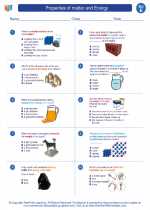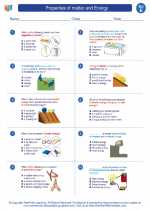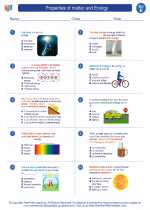Vitamin B1 (Thiamine)
Vitamin B1, also known as thiamine, is a vital nutrient that plays a key role in maintaining a healthy body. It is part of the B-vitamin complex and is essential for the proper functioning of the nervous system, muscles, and heart.
Sources
Vitamin B1 can be found in a variety of foods, including:
- Whole grains
- Legumes (such as beans and lentils)
- Nuts and seeds
- Pork and other meats
- Fortified cereals
- Yeast
Functions
Thiamine has several important functions in the body, including:
- Converting carbohydrates into energy
- Supporting proper nerve function
- Assisting in the production of DNA and RNA
- Participating in the synthesis of neurotransmitters
Deficiency and Symptoms
A deficiency in vitamin B1 can lead to a condition known as beriberi. Symptoms of thiamine deficiency may include:
- Weakness and fatigue
- Irritability
- Muscle weakness
- Numbness or tingling in the extremities
- Difficulty walking
- Wernicke-Korsakoff syndrome (a neurological disorder)
Study Guide
When studying Vitamin B1, consider the following key points:
- Understand the sources of Vitamin B1 and how it is obtained through diet.
- Learn the functions of Vitamin B1 in the body, including its role in energy metabolism and nerve function.
- Recognize the symptoms of Vitamin B1 deficiency and the potential health consequences.
- Be aware of the importance of including Vitamin B1-rich foods in a balanced diet.
By mastering these concepts, you will have a solid understanding of the importance of Vitamin B1 for overall health and well-being.
.◂Science Worksheets and Study Guides Fifth Grade. Properties of matter and Energy
Study Guide Properties of matter and Energy
Properties of matter and Energy  Worksheet/Answer key
Worksheet/Answer key Properties of matter and Energy
Properties of matter and Energy  Worksheet/Answer key
Worksheet/Answer key Properties of matter and Energy
Properties of matter and Energy  Worksheet/Answer key
Worksheet/Answer key Properties of matter and Energy
Properties of matter and Energy  Vocabulary/Answer key
Vocabulary/Answer key Properties of matter and Energy
Properties of matter and Energy  Vocabulary/Answer key
Vocabulary/Answer key Properties of matter and Energy
Properties of matter and Energy 

 Worksheet/Answer key
Worksheet/Answer key
 Worksheet/Answer key
Worksheet/Answer key
 Worksheet/Answer key
Worksheet/Answer key
 Vocabulary/Answer key
Vocabulary/Answer key
 Vocabulary/Answer key
Vocabulary/Answer key

The resources above cover the following skills:
PHYSICAL SCIENCE (NGSS)
Matter and Its Interactions
Students who demonstrate understanding can:
Develop a model to describe that matter is made of particles too small to be seen.